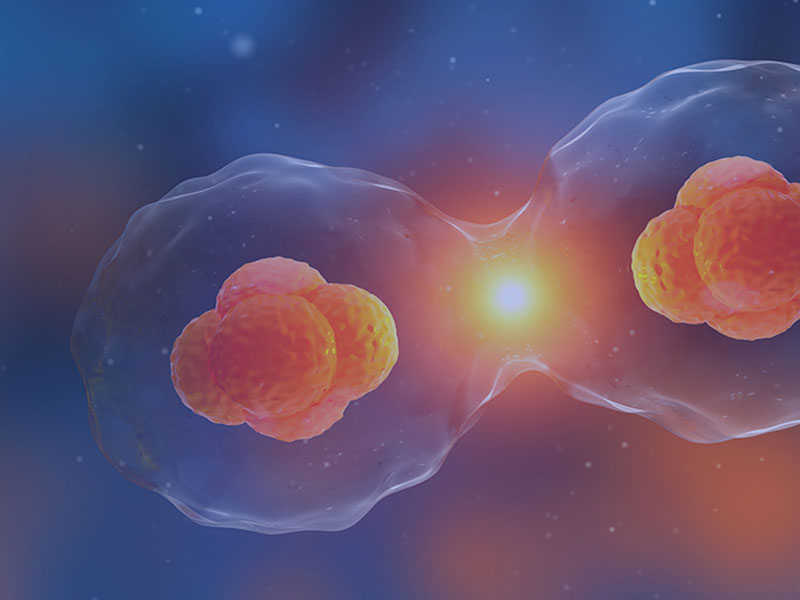
- Lentivirus
- Adeno-Associated
- Adenovirus
- Pseudovirus
- Vector
- Synthesis
- Autophagy Research
- CRISPR/Cas9
- Noncoding RNA
- Luciferase Assay
- Reagents
WHAT ARE YOU LOOKING FOR?

Autophagy, a physiological process that our body utilizes to recycle and remove damaged cellular components, is a fascinating area of scientific research. Over the years, extensive investigations have been conducted to shed light on the intricate mechanisms and potential applications of autophagy. In this blog, we will explore recent advancements in autophagy research, with a particular focus on human studies.
One exciting avenue of autophagy research revolves around its connection with DNA damage. DNA damage can occur due to various factors such as environmental toxins, radiation exposure, or even normal metabolic processes. Recent studies have provided valuable insights into how autophagy plays a crucial role in maintaining genomic stability by eliminating damaged DNA and preventing the accumulation of potentially harmful mutations.
Emerging evidence suggests that dysregulation of autophagy can contribute to the development of several diseases, including neurodegenerative disorders, cancer, and metabolic syndromes. Human studies focused on autophagy have revealed the potential therapeutic implications of modulating this cellular process. Activating or inhibiting autophagy selectively could provide opportunities for developing novel treatment strategies in various medical conditions. To advance research in this area, the use of specialized tools such as an autophagy detection kit and autophagy reagents is crucial. These tools enable researchers to accurately monitor and manipulate autophagy pathways, thereby facilitating a deeper understanding of its role in disease and health.
The knowledge gained through autophagy research has paved the way for potential therapeutic interventions that can harness the power of autophagy for human health. Scientists and clinicians are actively working towards translating these findings into practical applications, such as identifying pharmacological agents that can regulate autophagy or developing targeted therapies that enhance autophagic flux.
In conclusion, autophagy research has emerged as a vibrant area of study, bringing us closer to unraveling the mysteries of cellular self-renewal and contributing to our understanding of human health and disease. The intricate relationship between autophagy, DNA damage, and various physiological processes presents manifold possibilities for future investigations. By continually uncovering the complexities underlying autophagy, we may eventually unlock potential therapeutic interventions that can improve the lives of millions worldwide.
As a leading brand in the field of scientific research, Hanbio remains committed to supporting and advancing autophagy research, as well as aiding the translation of these discoveries into clinical practice. Stay tuned for more updates on our ongoing efforts in understanding autophagy and its multifaceted implications for human health.